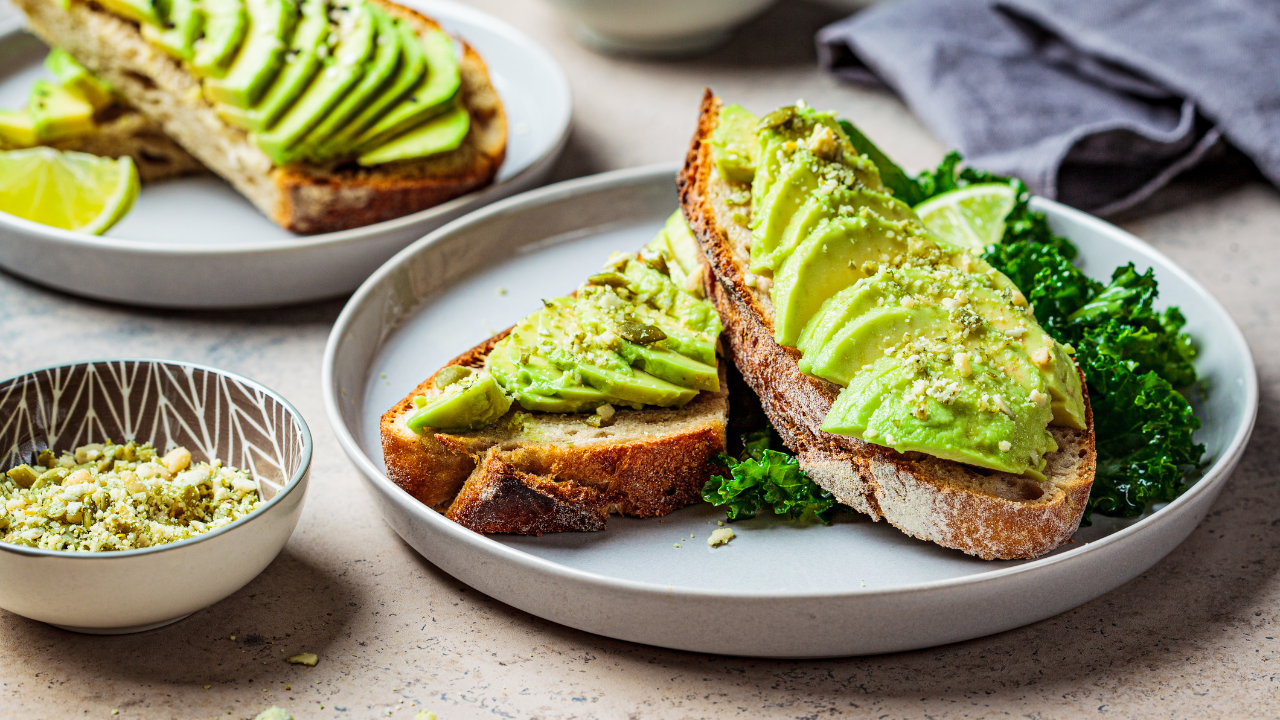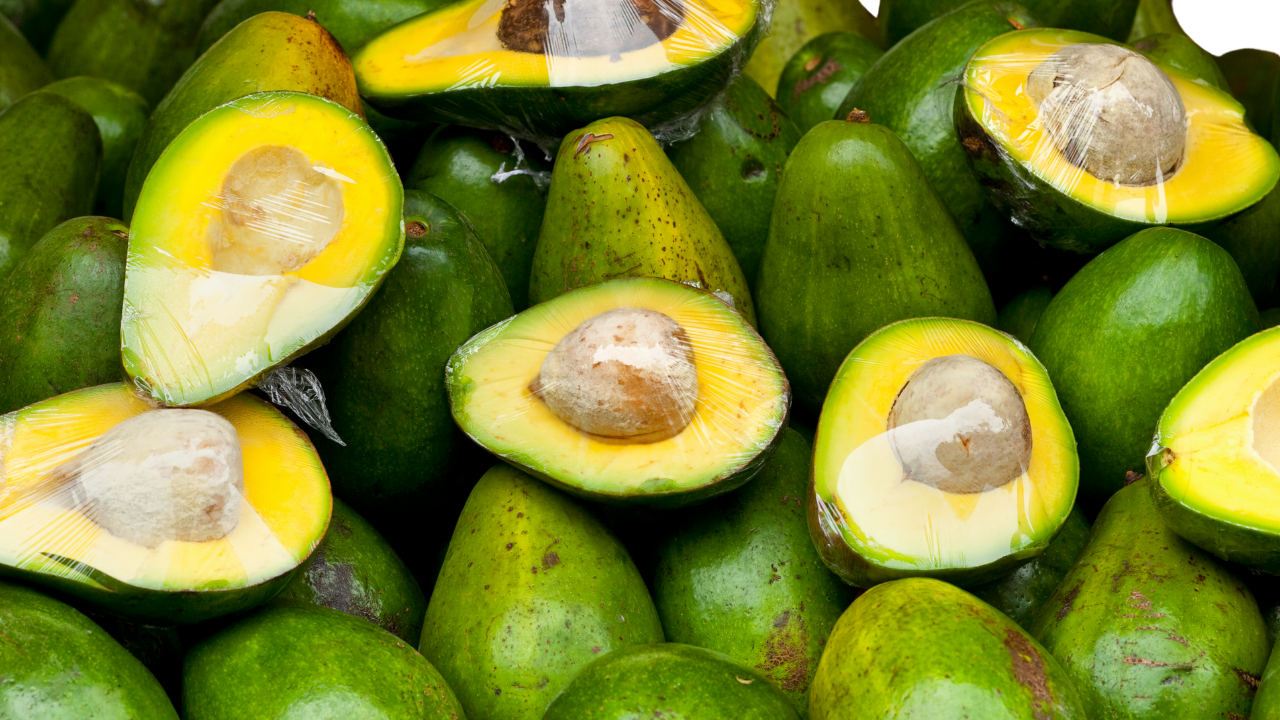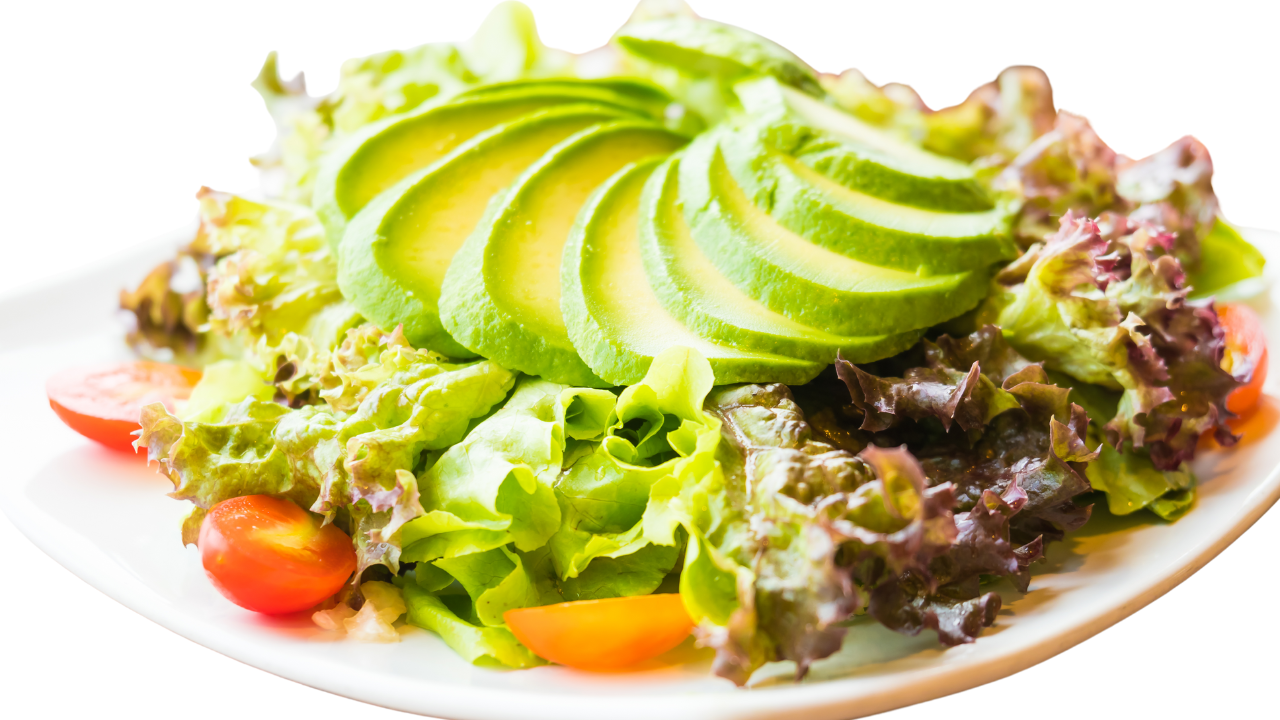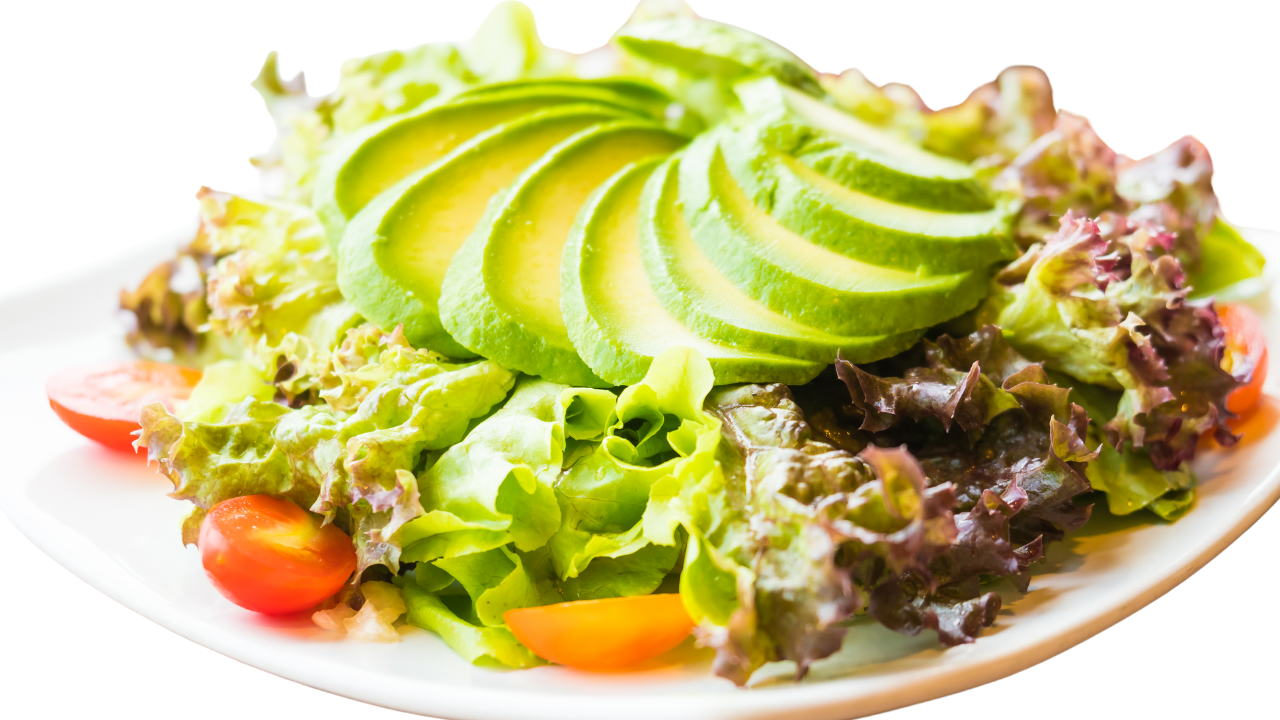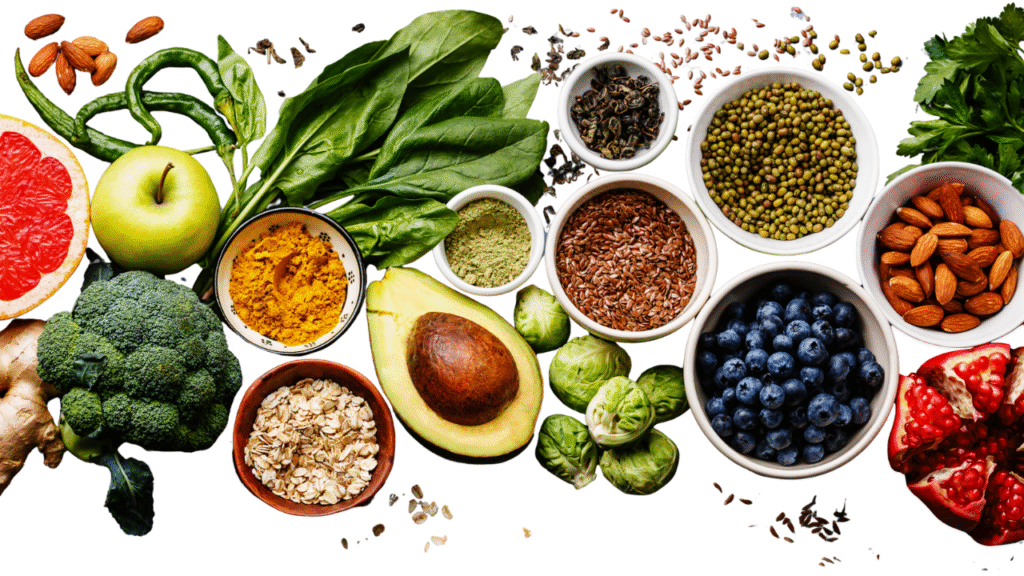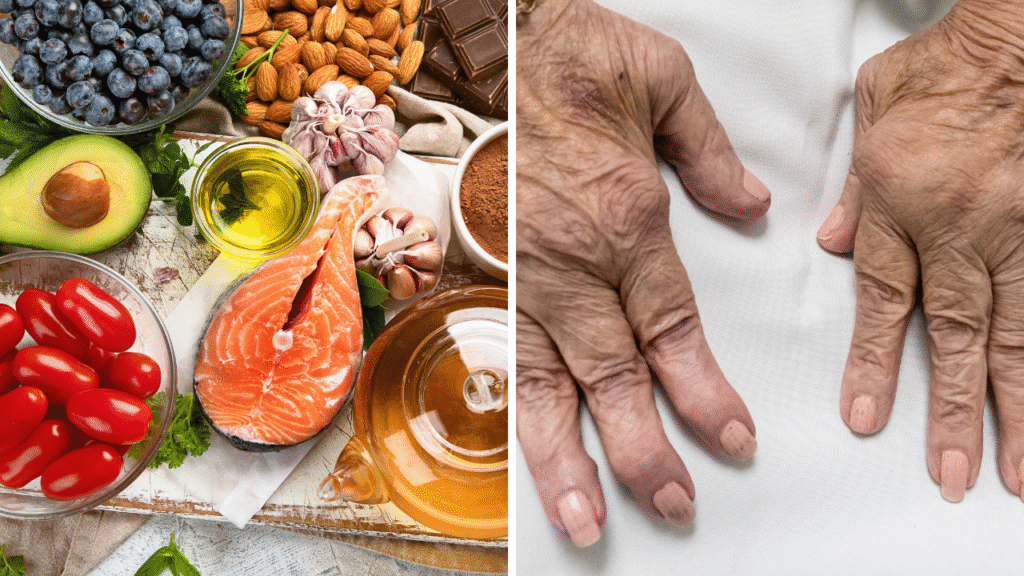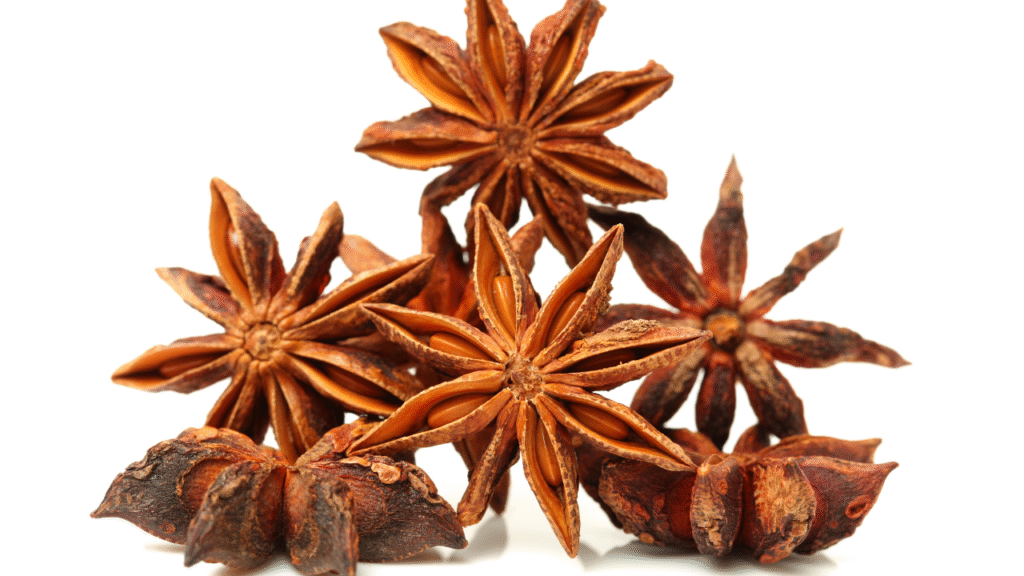Avocados are nutrient-dense, containing 20 vitamins, minerals, fiber, phytonutrients, and anti-inflammatory and antioxidant compounds. They are also high in fat, most of which is heart-healthy monounsaturated fat, which can help us feel full and aid in absorbing fat-soluble vitamins A, D, E, and K. Avocados may help reduce heart disease risk and are a kitchen staple worldwide.
Botanically classified as berries, avocados (Persea americana) belong to the Lauraceae family, which includes cinnamon. Native to Mexico and Central America, they are widely cultivated, particularly in California, the leading U.S. producer with over 5,000 farms producing over 400 million pounds annually.
Avocados are popular in traditional Mexican, Central American, and South American dishes like guacamole and salads. They are also celebrated in the health and wellness community for their numerous benefits.
They pair well with low-calorie, low-fat foods. For instance, adding avocado to spinach enhances the absorption of vitamins A, E, and K, making for a satisfying meal.
This article lists 7 Nutritional benefits of eating every day.
Top 7 Nutritional Benefits
1. Excellent source of nutrients
Avocados are highly nutritious fruits, offering a variety of essential nutrients often lacking in modern diets. A 7-ounce (201-gram) avocado contains 322 calories, 30 grams of fat, 4 grams of protein, 17 grams of carbs, and 14 grams of fiber. Key vitamins include vitamin C (22% DV), vitamin E (28% DV), vitamin K (35% DV), and folate (41% DV). They are particularly rich in potassium, with half an avocado providing 10% of the daily value, which is crucial for blood pressure regulation and nervous system function. Regular avocado consumption can enhance overall diet quality and support immune system health. 1
2. High in ‘good’ fats
Avocados are high in fat, but most are heart-healthy monounsaturated fat—22 grams per medium avocado, including 15 grams of “good” fats. These fats can help lower LDL, or “bad” cholesterol, reducing the risk of heart disease and stroke.
The American Heart Association recommends that most dietary fats be monounsaturated or polyunsaturated, making avocados a great addition to a healthy diet. You can easily swap avocado for less-healthy fats in your cooking:
- Use it as a spread on sandwiches instead of mayonnaise.
- Try guacamole with veggies instead of cheese dips.
- Add avocado slices to salads instead of shredded cheese.
- Replace butter or oil with mashed avocado in baking, like in chocolate avocado brownies.
Using avocado, you can enjoy great flavor while reducing saturated fats.
3. Lots of vitamins
Avocados are rich in several vitamins that benefit your health:
- Vitamin K1 (phylloquinone) supports blood clotting and bone health. Half an avocado contains about 21 mcg, contributing to the daily requirement of 90 to 120 mcg.
- Vitamin C (ascorbic acid) boosts the immune system and helps maintain healthy tissues. Half an avocado provides about 10 mg, and daily needs range from 75 to 120 mg.
- Vitamin E (alpha-tocopherol) is a powerful antioxidant that protects cells and aids muscle function. Half an avocado offers about 4 mg, while adults need 15 mg daily.
- Vitamin B6 (pyridoxine) helps convert food into energy. Half an avocado contains about 0.25 mg, and daily needs range from 1.2 to 2 mg.
- Folate is crucial for cell function and growth and essential for red blood cell formation and DNA synthesis. Half an avocado provides about 20% of the daily recommended amount.
4. Low in sugar
Avocados are low in sugar and contain under 1.5 grams of whole fruit, compared to about 19 grams in a medium apple. Remember that not all sugars are equal, and fruit is healthy!
5. High in fiber
Avocados are a great source of fiber, both soluble and insoluble. Fiber helps lower cholesterol and blood sugar, promotes regularity, and keeps you feeling full. Most adults need 25 to 35 grams of fiber daily, and half an avocado offers about 7 grams.
6. Packed with potassium
Surprise! Avocados have more potassium than bananas—half a large avocado offers about 485 mg, while a whole banana provides around 420 mg. Most adults need 2,600 to 3,400 mg daily. Potassium is vital for blood pressure control and heart health, with low levels potentially increasing blood pressure, raising kidney stone risk, and leaching calcium from bones.
7. Increase your copper intake
Copper is an essential trace mineral that many Americans lack in their diets. Half an avocado provides 20% of the daily recommended amount. According to Zumpano, copper helps with iron metabolism and supports a healthy immune and nervous system.
16 Health Benefits of Avocado
1. High in antioxidants and anti-inflammatory compounds.
Avocados are rich in vitamins, minerals, fiber, healthy fats, and bioactive compounds like carotenoids, C, E, and phenolic compounds. These substances exhibit significant antioxidant, neuroprotective, and cardioprotective properties. Carotenoids such as lutein, α-Carotene, and β-Carotene found in avocados protect against oxidative damage linked to chronic diseases. Regular avocado consumption may boost the body’s antioxidant defenses, as a study showed that eating an avocado daily increases blood levels of lutein compared to a typical Western diet. A higher intake of antioxidants from avocados is associated with better cognitive function and improved heart health.
2. Beneficial for gut health
Avocados are fiber-rich, offering about 14 grams per fruit, nearly half the daily value needed. Adequate fiber intake supports digestive health by promoting the growth of beneficial gut bacteria.
A study involving 163 overweight adults found that those consuming 175 grams (men) or 140 grams (women) of avocado daily for 12 weeks had lower fecal bile acid concentrations and increased bacterial diversity. This is important because higher bile acid levels can lead to intestinal inflammation and negative health outcomes like colon cancer. The avocado group also had more beneficial bacteria like Faecalibacterium and Lachnospira, which help produce short-chain fatty acids that protect against colorectal cancer and inflammatory bowel disease.
However, it’s important to note that this study received partial funding from the Hass Avocado Board, which could have influenced the results. Fiber-rich foods, including fruits, vegetables, nuts, and seeds, are essential for gut health, not just avocados.
Related: Top 14 Foods That DESTROY Your GUT
3. Skin Health Boost.
Avocados are rich in vitamin E, a potent antioxidant that protects the skin from oxidative damage, while their healthy fats keep the skin moisturized. The vitamin C in avocados supports collagen production for a youthful look. Additionally, monounsaturated fats in avocados may help shield the skin from sun damage, as evidenced by a study linking high monounsaturated fat diets to a reduced risk of sunburn from UV radiation.
4. May lower risk factors for heart disease.
Regularly consuming nutrient-dense foods like avocados may help protect against heart disease—Avocados’ vitamins, minerals, healthy fats, and fiber support cardiovascular health. An avocado-rich diet could improve heart disease risk factors. While some studies have industry funding, which might influence results, avocados are linked to increased HDL cholesterol and reduced oxidized LDL cholesterol, which are associated with atherosclerosis. Additionally, their high potassium and magnesium content aids blood pressure regulation, crucial for preventing heart disease.
Related: Heart-Healthy Recipes: Delicious Meals for Cardiovascular Wellness
5. Eye Health Shield
Avocados contain carotenoids, notably lutein and zeaxanthin, essential for eye health. These antioxidants protect against harmful blue light and may lower the risk of age-related macular degeneration, a common cause of vision loss in older adults. Concentrated in the macula, they filter blue light and shield delicate cells from oxidative damage. A study published in the Journal of the American Medical Association Ophthalmology linked higher intake of these nutrients to a reduced risk of macular degeneration.
6. It can help maintain a healthy body weight.
A nutritious and balanced diet is crucial for maintaining a healthy body weight and preventing disease. Though high in calories, avocados are nutrient-dense and promote satiety due to their fiber and healthy fat content. Research indicates that a diet rich in fibrous foods, like fruits and vegetables, benefits weight loss and maintains a healthier body weight.
A study of 345 individuals found fiber intake to be a key predictor of body weight, regardless of calorie and macronutrient consumption. While several studies link avocado consumption to reduced weight gain, improved satiety, and decreased abdominal fat, it’s worth noting that most are funded by the Hass Avocado Board, which may influence results. Nonetheless, incorporating high-fiber foods like avocados is beneficial for weight management.
Related: Best Diet Plan For Quick Weight Loss
7. Blood Sugar Control
Avocados are rich in monounsaturated fats, which enhance insulin sensitivity and lower the risk of type 2 diabetes. Their fiber content slows sugar absorption, preventing blood sugar spikes. A Journal of Clinical Lipidology study found that a diet high in these healthy fats improved insulin sensitivity and reduced the risk of metabolic syndrome, a group of conditions linked to heart disease and diabetes.
Related: Diabetes Diet: Best Low-carb Foods For Blood Sugar Control
8. A wise choice for pregnancy and breastfeeding.
During pregnancy and breastfeeding, nutrient demands increase significantly. For instance, folate needs to rise from 400 μg to 600 μg, potassium from 2,600 mg to 2,900 mg, and vitamin C from 75 to 85 mg. Many pregnant individuals do not meet the recommended folate intake, potentially leading to complications. One avocado provides 27% of the recommended folate intake and helps meet increased needs for vitamin C, potassium, and B6. Moreover, its high fiber content can help prevent constipation, which is common during pregnancy. A nutritious snack idea is a whole-grain toast topped with half an avocado and an over-easy egg or cottage cheese.
9. Arthritis Pain Relief.
Avocados contain monounsaturated fats that may reduce joint pain and stiffness from arthritis, along with vitamin E, which protects joint tissues from free radical damage. A study in the Journal of Nutrition, Health & Aging found that a high monounsaturated fat diet is linked to a lower risk of osteoarthritis.
10. Cancer Risk Reducer
Avocados contain a unique combination of antioxidants, such as carotenoids, vitamin C, and vitamin E, which may lower the risk of certain prostate, breast, and oral cancers. A study in the Journal of Nutritional Biochemistry highlighted that bioactive compounds in avocados might help inhibit the growth and spread of prostate cancer cells.
11. Brain Function Booster
Avocados are a rich source of vitamin K, which is essential for brain function. It activates proteins involved in brain cell signaling, potentially enhancing memory and cognitive abilities. Their monounsaturated fats promote healthy blood flow to the brain. Additionally, a study in the FASEB Journal suggests that the lutein in avocados may improve cognitive function in older adults, linking it to better memory and processing speed.
Related: Best Superfoods For Brain Health And Focus
Avocados contain potassium, which is essential for muscle and nerve function. It regulates muscle contractions and nerve impulses, helping to prevent cramps and fatigue. A study in the American Journal of Clinical Nutrition found that higher potassium intake is linked to a reduced risk of muscle weakness and frailty in older adults.
13. Promote Liver Health
Avocados are rich in antioxidants like glutathione and vitamin E, which support liver health by protecting against toxins and potentially reducing the risk of non-alcoholic fatty liver disease. Research in the Journal of Agricultural and Food Chemistry shows that these compounds help prevent oxidative damage and inflammation in the liver.
14. Bone Health Support.
Avocados’ vitamin K content benefits brain health and strong bones. This vitamin activates osteocalcin, enhancing bone density and lowering fracture risk. A study in the American Journal of Clinical Nutrition found that higher vitamin K intake is linked to a reduced risk of hip fractures in older adults.
15. Immune Booster
Avocados are high in vitamin C, which boosts immune function by increasing white blood cell production. They also contain vitamin E, which protects cells from oxidative damage. A study in the Journal of Leukocyte Biology found that the bioactive compounds in avocados, such as carotenoids and tocopherols, can enhance immunity by reducing inflammation and oxidative stress.
How to Uses
Avocados are not only highly nutritious but also versatile in recipes. Here are some ways to include more avocados in your diet:
- Use avocado instead of mayo with Greek yogurt in salads (chicken, salmon, egg, or tuna).
- Make classic guacamole with avocados, onions, lime, and cilantro.
- Top chicken breasts with a tomato and avocado salad.
- Add frozen avocado chunks to smoothies for healthy fats.
- Use sliced avocado to enhance chilis and soups.
- Incorporate avocado in salads and grain bowls.
- Blend into a dairy-free chocolate mousse.
- Bake breaded avocados for a crispy snack.
- Pair half an avocado with eggs and berries for breakfast.
- Smash on toast or roasted sweet potatoes.
- Stuff with chicken or bean salad.
- Add to tacos and burritos.
- Blend with olive oil, lemon juice, and seasonings for a creamy dressing.
- Top burgers with sliced avocado.
- Enjoy an avocado half sprinkled with salt and pepper.
To keep avocados fresh, store ripe ones in the refrigerator. Allow hard avocados to ripen on the counter. Ripe avocados are slightly soft and deep green; discard only if they smell sour, are moldy, or overly discolored. Overripe avocados can still be used in baked goods and dressings.
Here are five interesting things to know about avocados:
1. They are a fruit, not a vegetable!
The avocado is classified as a fruit and climacteric, indicating that it matures while still attached to the tree but ripens after being harvested.
2. They enhance your dips and spreads!
An avocado serving size is 50 calories, equivalent to 3 thin slices or two tablespoons mashed. It has fewer calories than butter, mayonnaise, and oils, plus over 20 vitamins and minerals. Try using avocado as a substitute!
3. Avocados contain more potassium than bananas.
A single avocado has 975 milligrams of potassium, nearly double that of a banana’s 487 milligrams. Try adding avocado to your next smoothie!
4. There’s a quick method to ripen them faster.
Put an avocado inside a brown paper bag alongside an apple or banana. These fruits emit ethylene gas, a natural hormone in plants that assists in the ripening process of fruits.
5. They’re a good butter substitute in baking.
Numerous vegan bakers use avocado instead of butter to moisten cupcakes, bread, and other baked goods. Consider substituting it in your next homemade recipe!
Risks of Avocados
Avocados are healthy but come with some risks. They are high in calories and fat, which can lead to weight gain if consumed in excess. Additionally, their vitamin K content may interfere with blood thinners like warfarin. To enjoy avocados safely, it’s essential to incorporate them into a balanced diet without overindulging.
While there are risks, the benefits of avocados typically outweigh them when eaten in moderation.
Conclusion
Avocados are nutrient-rich and packed with fiber, B6, vitamin C, potassium, E, folate, and copper. Regular consumption may protect against heart disease, enhance diet quality, improve satiety, and support gut health. Plus, they’re versatile and tasty.
Sources:
https://fdc.nal.usda.gov/fdc-app.html#/food-details/171705/nutrients
https://www.fda.gov/food/nutrition-facts-label/daily-value-nutrition-and-supplement-
https://pubmed.ncbi.nlm.nih.gov/26962185/
https://pubmed.ncbi.nlm.nih.gov/29301002/
https://fdc.nal.usda.gov/fdc-app.html#/food-details/171705/nutrients
https://www.ncbi.nlm.nih.gov/pmc/articles/PMC8030699/
https://www.ncbi.nlm.nih.gov/pmc/articles/PMC7373821/
https://pubmed.ncbi.nlm.nih.gov/29635493/
https://journals.plos.org/plosone/article?id=10.1371/journal.pone.0243144
https://www.ncbi.nlm.nih.gov/pmc/articles/PMC6826385/
https://www.ncbi.nlm.nih.gov/pmc/articles/PMC7373821/
https://link.springer.com/article/10.1007/s00403-010-1078-8
https://www.lipidjournal.com/article/S1933-2874(19
https://www.sciencedirect.com/science/article/abs/pii/S0955286315000170
https://www.ncbi.nlm.nih.gov/pmc/articles/PMC6521141/
https://pubmed.ncbi.nlm.nih.gov/31398891/
https://www.sciencedirect.com/science/article/abs/pii/S0955286315000170
https://link.springer.com/article/10.1007/s12603-019-1280-0
https://pubmed.ncbi.nlm.nih.gov/31174214/
https://www.ncbi.nlm.nih.gov/pmc/articles/PMC6471050/
https://www.ncbi.nlm.nih.gov/pmc/articles/PMC6567160/
https://www.cdc.gov/ncbddd/folicacid/about.html
https://jamanetwork.com/journals/jamaophthalmology/fullarticle/424859
https://www.ncbi.nlm.nih.gov/pmc/articles/PMC5104202/
https://academic.oup.com/ajcn/article/100/4/1244S/4576502
https://fdc.nal.usda.gov/fdc-app.html#/food-details/171705/nutrients
https://www.ncbi.nlm.nih.gov/pmc/articles/PMC5104202/
https://faseb.onlinelibrary.wiley.com/doi/abs/10.1096/fasebj.2019.33.1_supplement.612.1
https://pubs.acs.org/doi/abs/10.1021/acs.jafc.5b04634
https://academic.oup.com/ajcn/article/98/6/1311/4577185
https://jlb.onlinelibrary.wiley.com/doi/full/10.1189/jlb.3VMR0316-132RR

